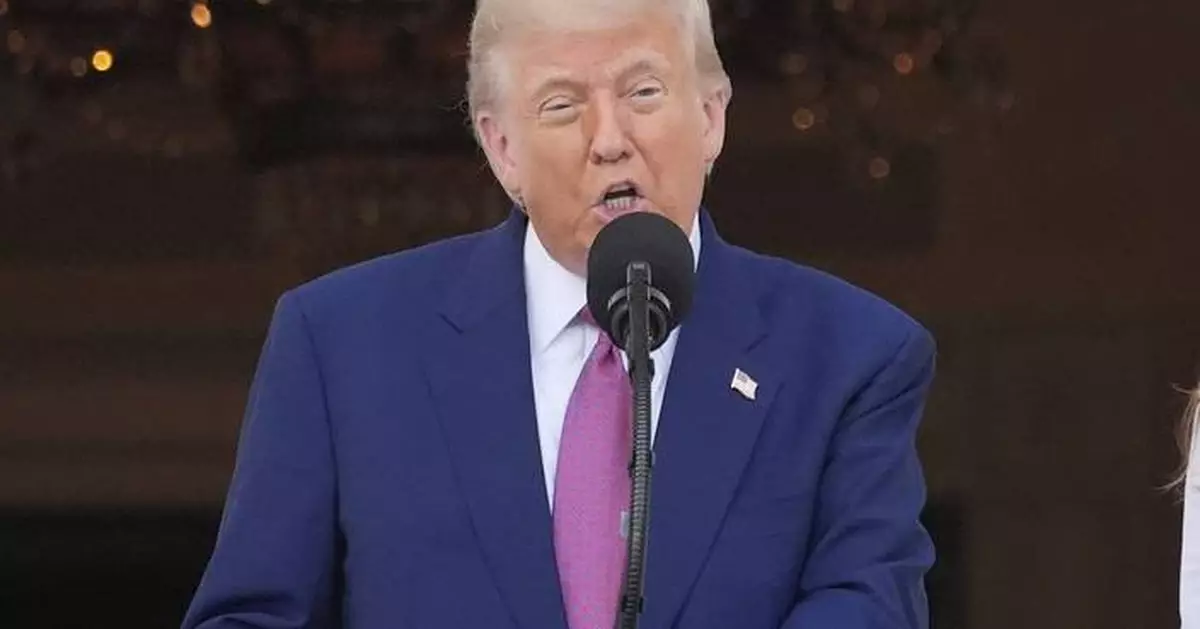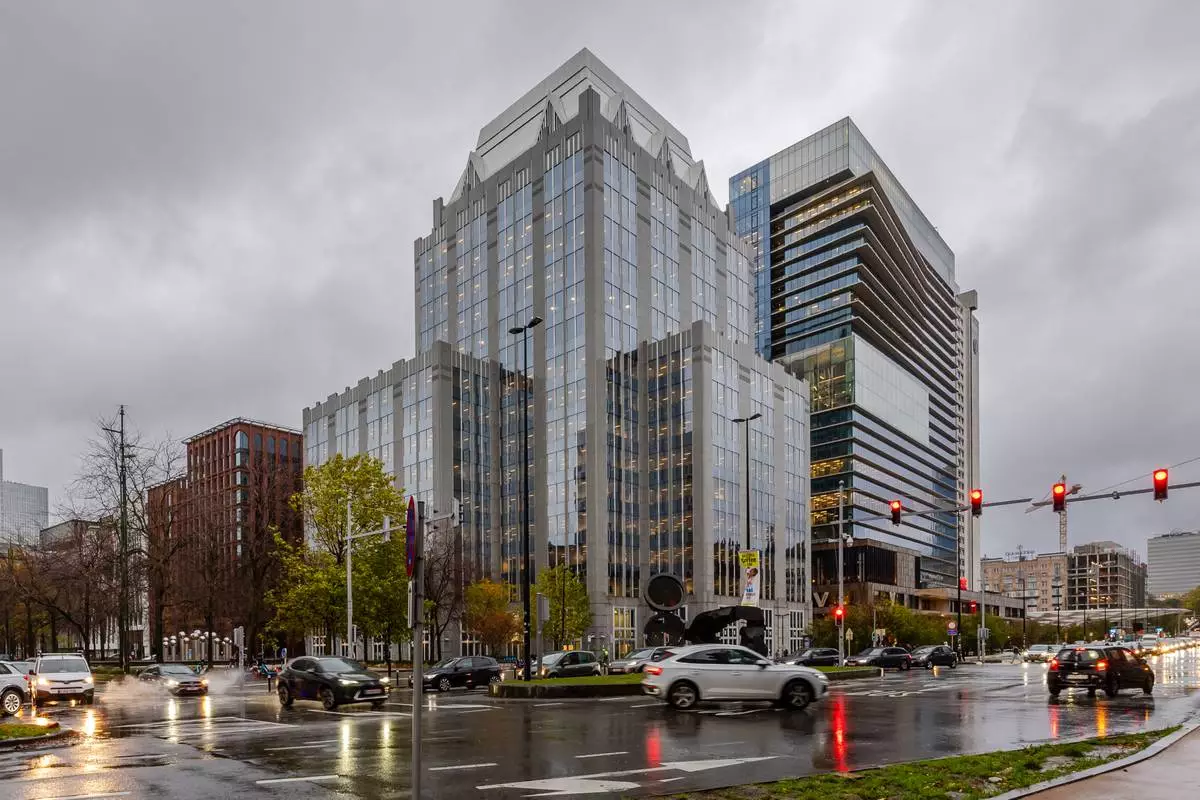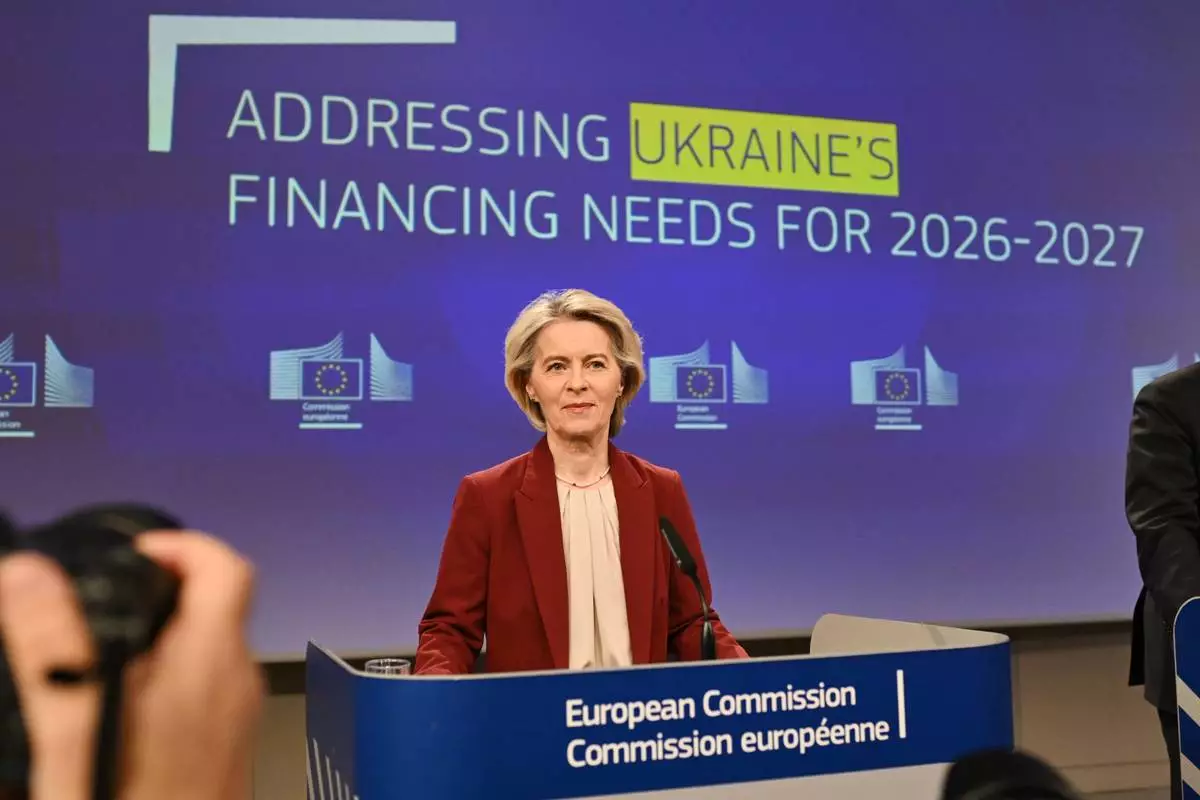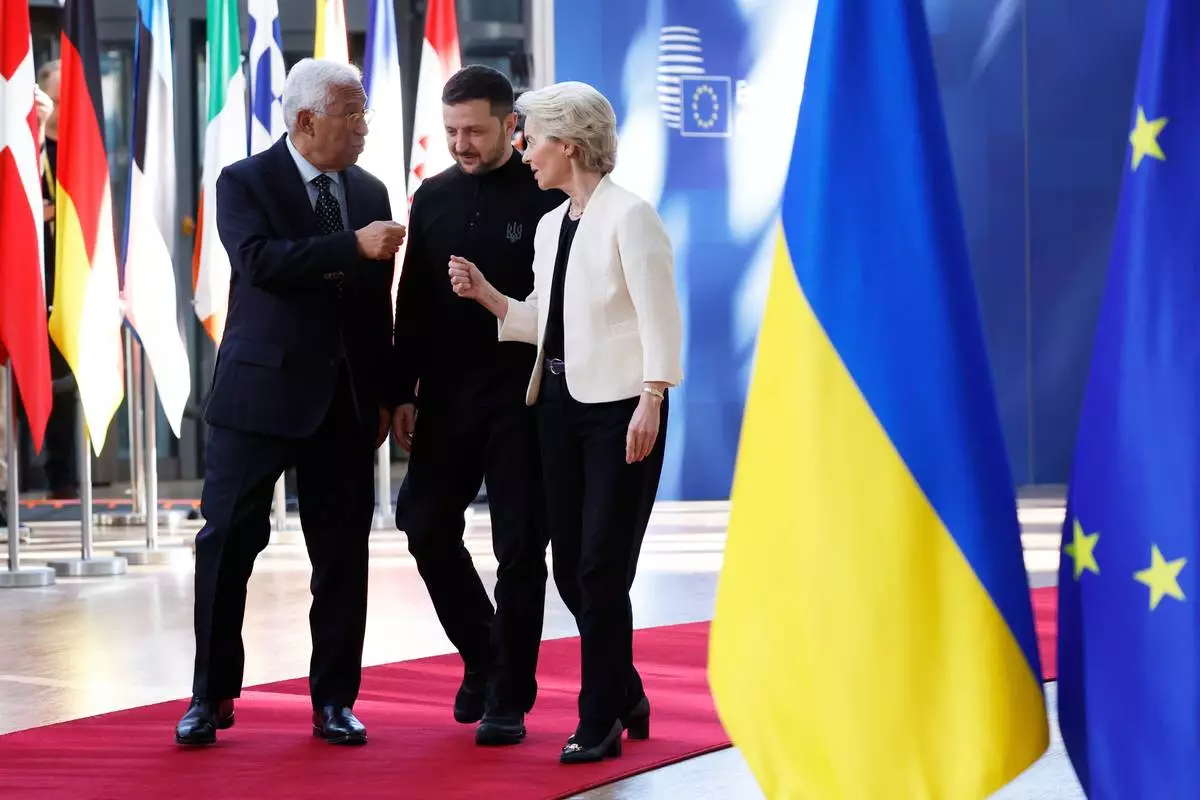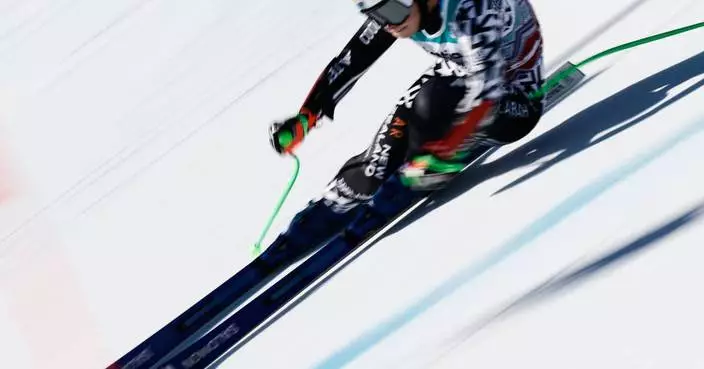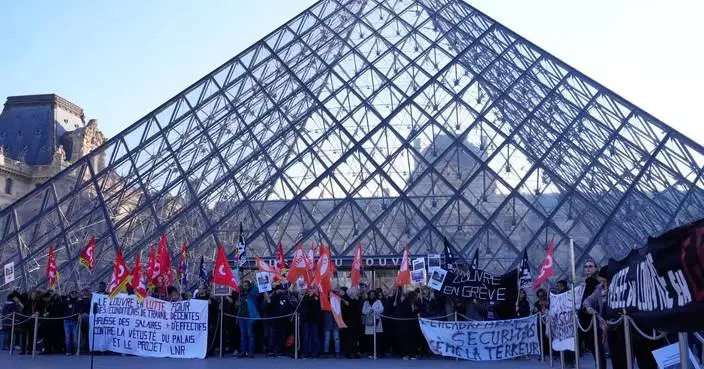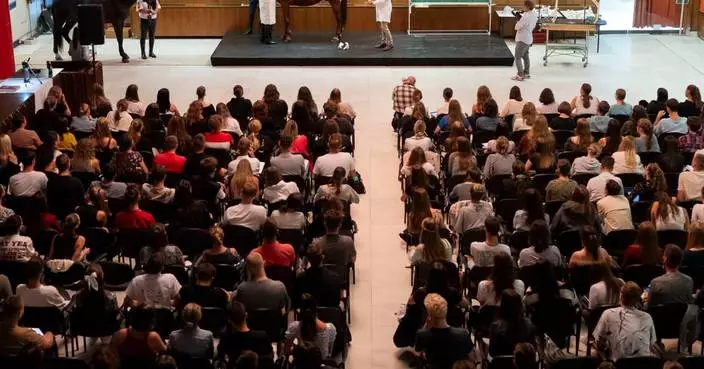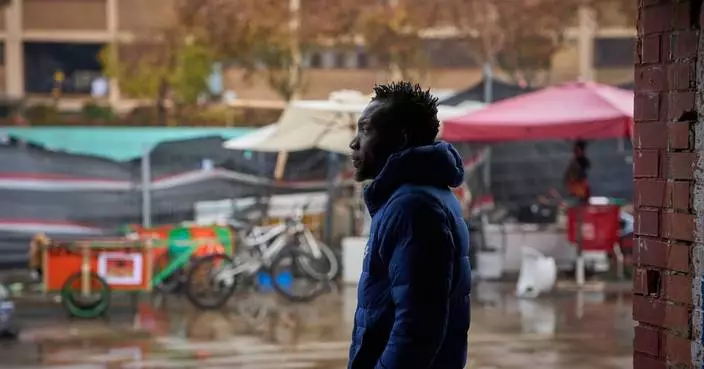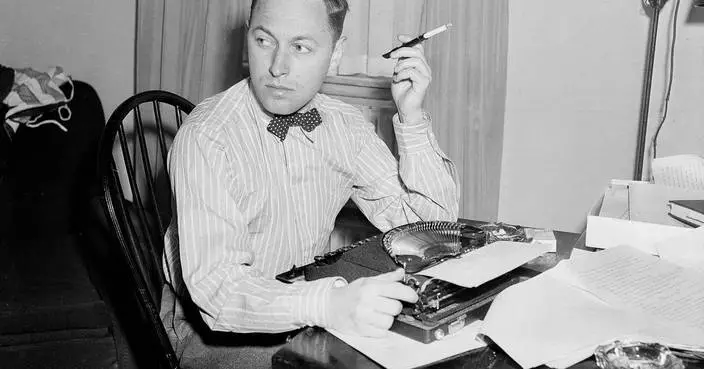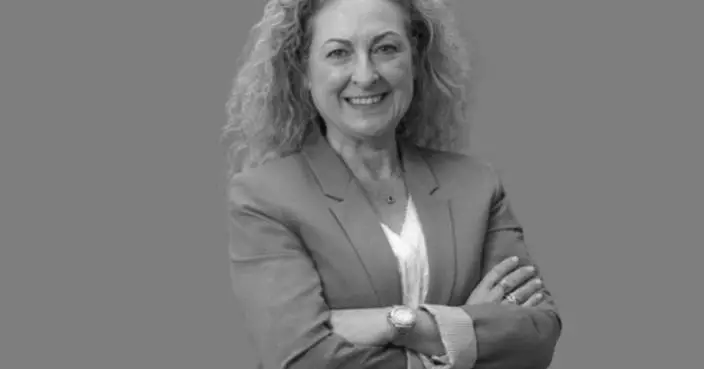ATLANTA (AP) — A federal judge on Friday blocked President Donald Trump’s attempt to overhaul elections in the U.S., siding with a group of Democratic state attorneys general who challenged the effort as unconstitutional.
The Republican president’s March 25 executive order sought to compel officials to require documentary proof of citizenship for everyone registering to vote for federal elections, accept only mailed ballots received by Election Day and condition federal election grant funding on states adhering to the new ballot deadline.
The attorneys general had argued the directive “usurps the States’ constitutional power and seeks to amend election law by fiat.” The White House had defended the order as “standing up for free, fair and honest elections” and called proof of citizenship a “commonsense” requirement.
Judge Denise J. Casper of the U.S. District Court in Massachusetts said in Friday's order that the states had a likelihood of success as to their legal challenges.
“The Constitution does not grant the President any specific powers over elections,” Casper wrote.
Casper also noted that, when it comes to citizenship, “there is no dispute (nor could there be) that U.S. citizenship is required to vote in federal elections and the federal voter registration forms require attestation of citizenship.”
Casper also cited arguments made by the states that the requirements would “burden the States with significant efforts and substantial costs” to update procedures.
Messages seeking a response from the White House and the Department of Justice were not immediately returned. The attorneys general for California and New York praised the ruling in statements to The Associated Press, calling Trump's order unconstitutional.
“Free and fair elections are the foundation of this nation, and no president has the power to steal that right from the American people," New York Attorney General Letitia James said.
The ruling is the second legal setback for Trump’s election order. A federal judge in Washington, D.C., previously blocked parts of the directive, including the proof-of-citizenship requirement for the federal voter registration form.
The order is the culmination of Trump’s longstanding complaints about elections. After his first win in 2016, Trump falsely claimed his popular vote total would have been much higher if not for “millions of people who voted illegally.” Since 2020, Trump has made false claims of widespread voter fraud and manipulation of voting machines to explain his loss to Democrat Joe Biden.
He has said his executive order secures elections against illegal voting by noncitizens, though multiple studies and investigations in the states have shown that it's rare and typically a mistake. Casting a ballot as a noncitizen is already against the law and can result in fines and deportation if convicted.
Also blocked in Friday's ruling was part of the order that sought to require states to exclude any mail-in or absentee ballots received after Election Day. Currently, 18 states and Puerto Rico accept mailed ballots received after Election Day as long they are postmarked on or before that date, according to the National Conference of State Legislatures.
Oregon and Washington, which conduct their elections almost entirely by mail, filed a separate lawsuit over the ballot deadline, saying the executive order could disenfranchise voters in their states. When the lawsuit was filed, Washington Secretary of State Steve Hobbs noted that more than 300,000 ballots in the state arrived after Election Day in 2024.
Trump’s order has received praise from the top election officials in some Republican states who say it could inhibit instances of voter fraud and will give them access to federal data to better maintain their voter rolls. But many legal experts say the order exceeds Trump’s power because the Constitution gives states the authority to set the “times, places and manner” of elections, with Congress allowed to set rules for elections to federal office. As Friday's ruling states, the Constitution makes no provision for presidents to set the rules for elections.
During a hearing earlier this month on the states’ request for a preliminary injunction, lawyers for the states and lawyers for the administration argued over the implications of Trump’s order, whether the changes could be made in time for next year’s midterm elections and how much it would cost the states.
Justice Department lawyer Bridget O’Hickey said during the hearing that the order seeks to provide a single set of rules for certain aspects of election operations rather than having a patchwork of state laws and that any harm to the states is speculation.
O’Hickey also claimed that mailed ballots received after Election Day might somehow be manipulated, suggesting people could retrieve their ballots and alter their votes based on what they see in early results. But all ballots received after Election Day require a postmark showing they were sent on or before that date, and that any ballot with a postmark after Election Day would not count.
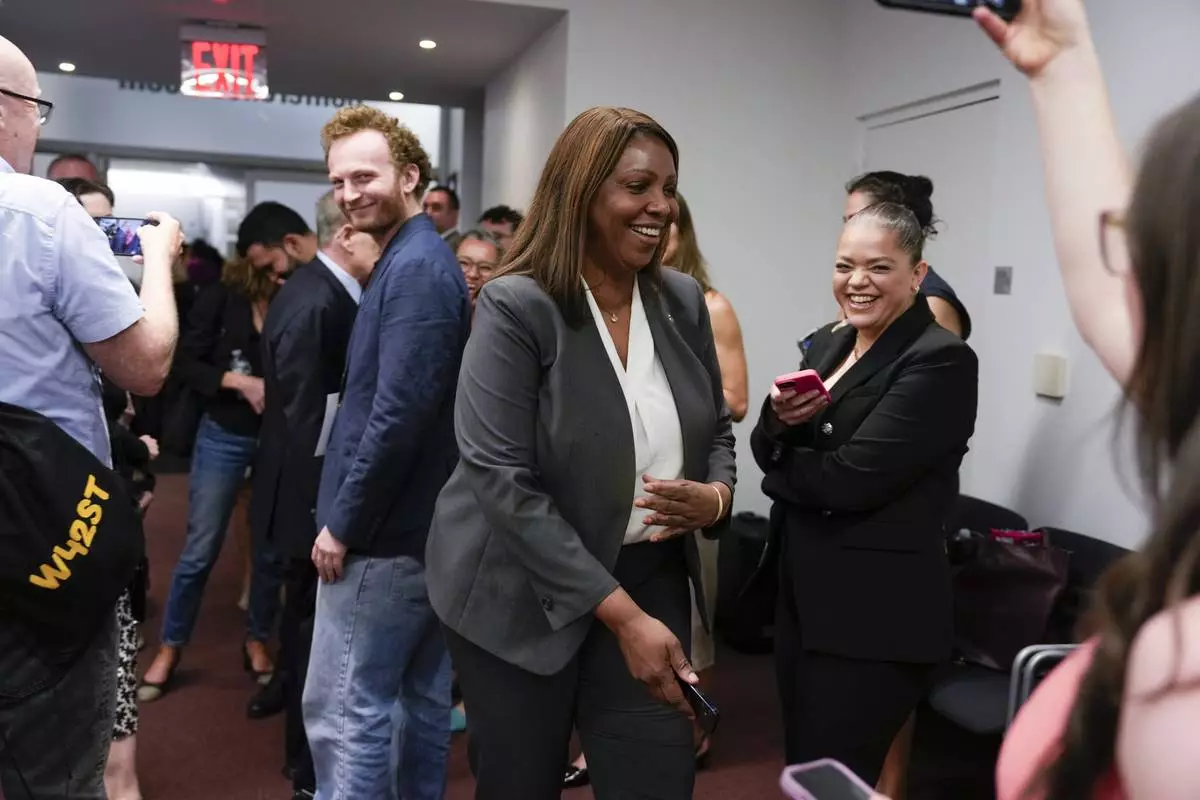
New York attorney general Letitia James is seen after the New York City Democratic Mayoral Primary Debate at the John Jay College of Criminal Justice in the Gerald W. Lynch Theater on Thursday, June 12, 2025 in New York City. (Vincent Alban/The New York Times via AP, Pool)
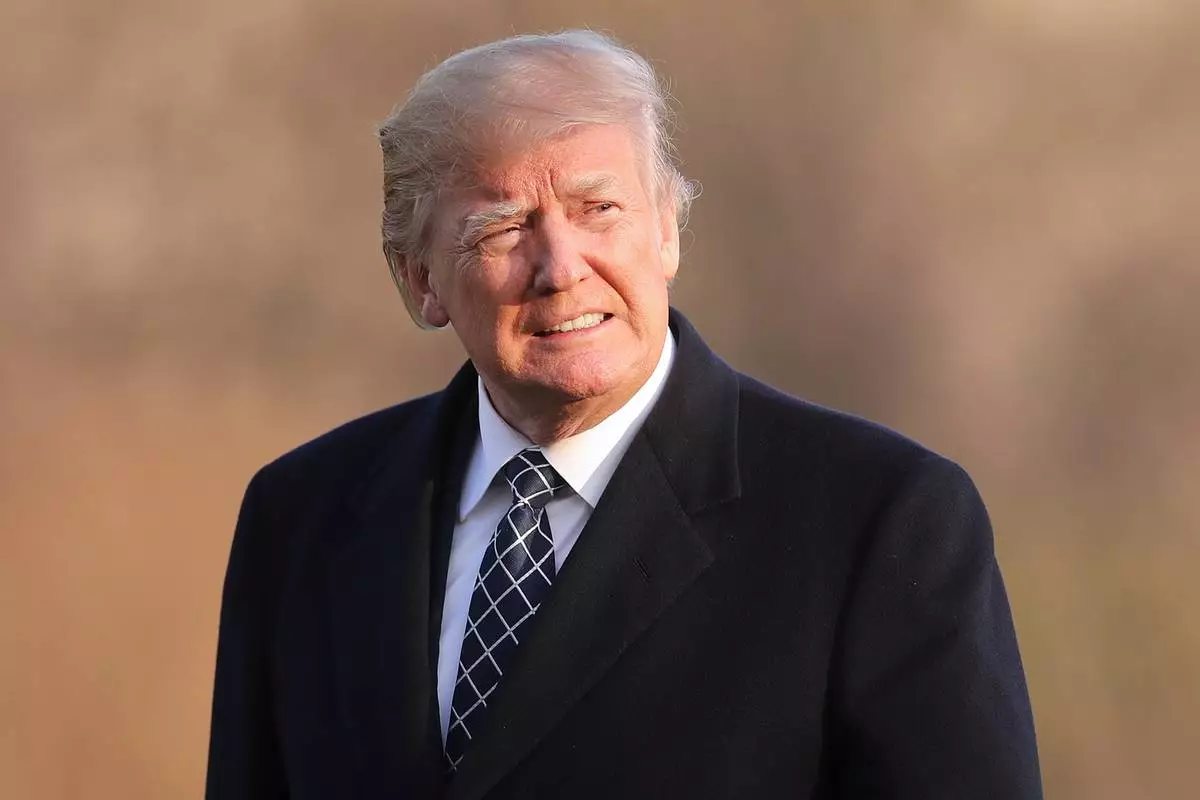
FILE - President Donald Trump walks across the South Lawn of the White House in Washington, March 25, 2018. (AP Photo/Pablo Martinez Monsivais, File)
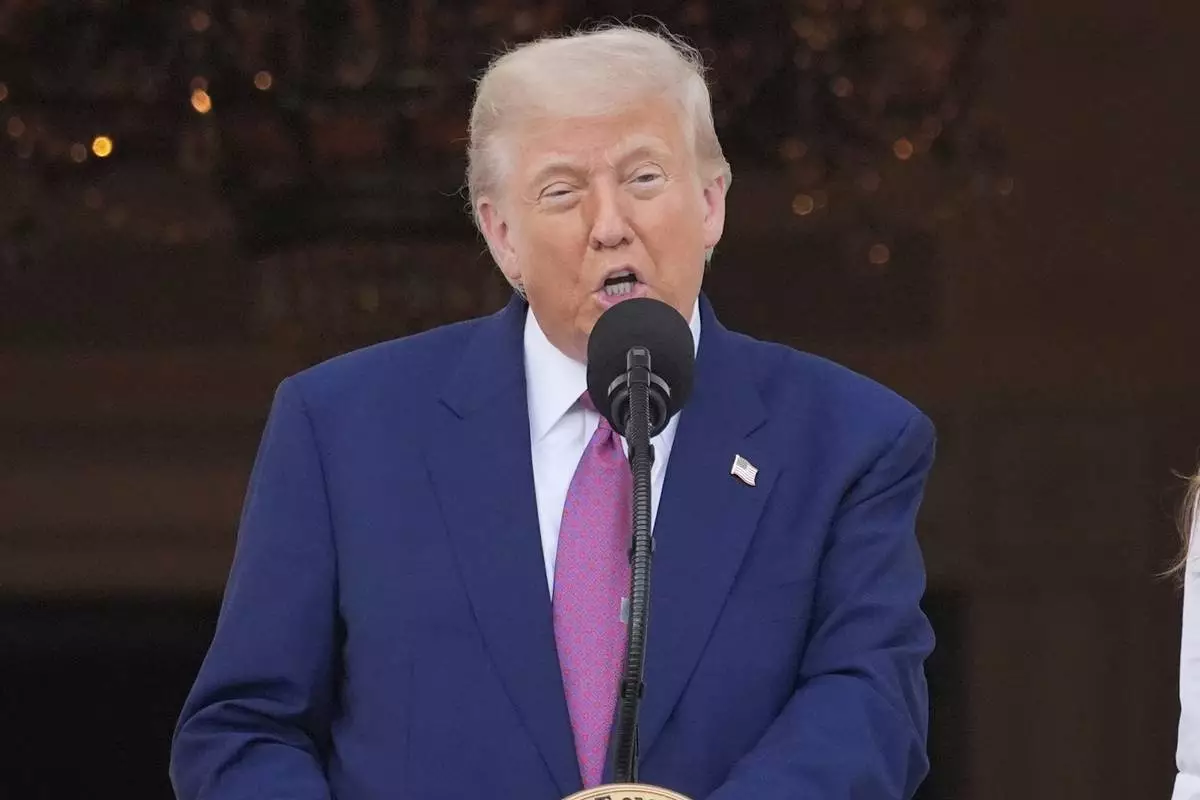
President Donald Trump speaks during the congressional picnic on the South Lawn of the White House, Thursday, June 12, 2025, in Washington. (AP Photo/Alex Brandon)


